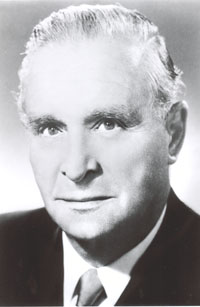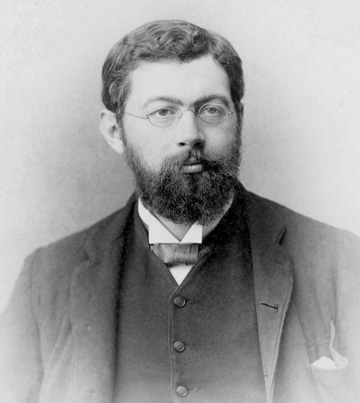<Back to Index>
- Philosopher Geoffrey Hodson, 1886
- Theosophist Archibald Keightley, 1859
PAGE SPONSOR

Geoffrey Hodson (12 March 1886 in Lincolnshire – 23 January 1983 in Auckland, New Zealand) was an occultist, Theosophist, mystic, Liberal Catholic priest, philosopher and esotericist, and a leading light for over 70 years in the Theosophical Society. He was educated in England.
He served with distinction in the British Army as an Officer during the First World War, which experience seems to have prompted him to spend his life attempting to eradicate the causes of wars and suffering through his teachings and insights.
He was the author over fifty books (many still in print) on psychic powers, Theosophy, Spiritualism, mysticism, fairies, angels, meditation, clairvoyance, health and disease.
He also wrote over two hundred articles and radio talks. He traveled the world extensively lecturing for the Theosophical Society.
Hodson also served as the Director of Studies of the School of the Wisdom at the International Headquarters of the Theosophical Society at Adyar, India, for four sessions, and was a guest lecturer at the Krotona School of Theosophy in Ojai, California.
He was awarded the Subba Row Medal in 1954 for his contributions to Theosophical Literature.

Dr Archibald Keightley (1859 – 1930) was a prominent member of the Theosophical Society who helped in the editing of Helena P. Blavatsky's magnum opus, The Secret Doctrine. He served as the General Secretary of the English Theosophical Society from 1888 to 1890. He was married to Julia van der Planck, a.k.a. "Jasper Niemand", the author of a number of Theosophical tracts. His nephew Bertram Keightley was also a Theosophist.
He later sided with William Quan Judge and his American branch over that led by Annie Besant, and then the faction associated with Ernest Temple Hargrove over that led by Katherine Tingley. After the death of his wife, he relocated to New York City, where he participated in the activities of the "Hargrove" branch until his death in 1930.